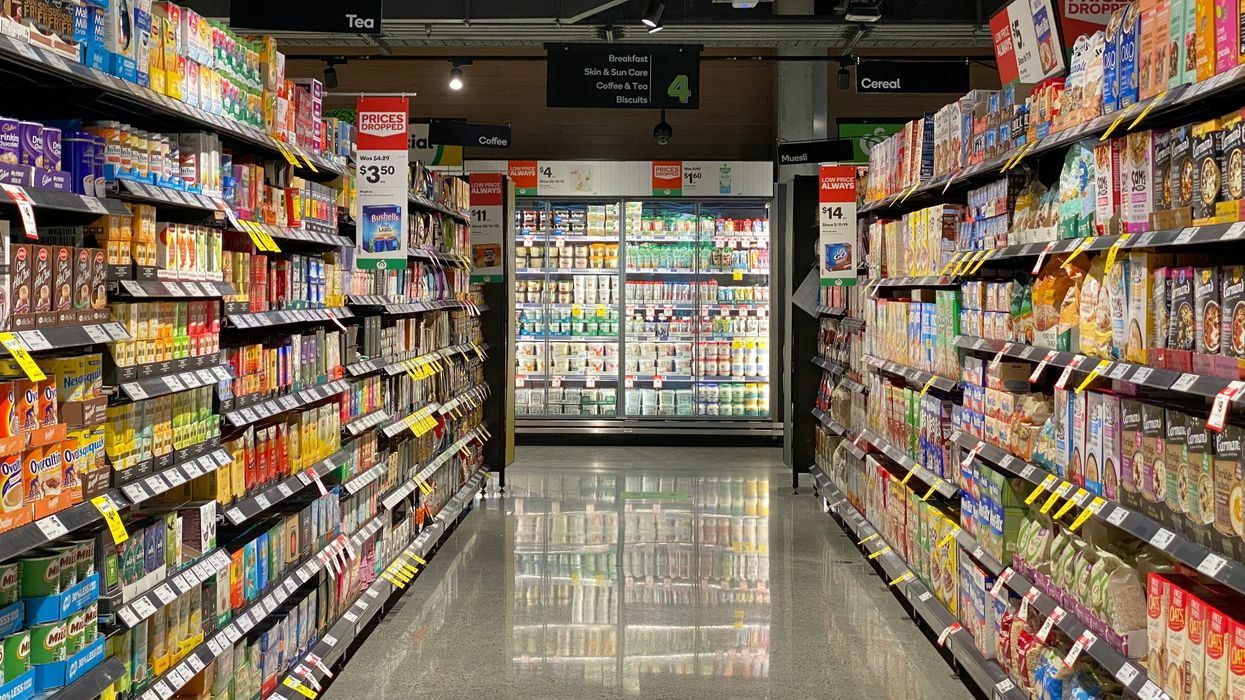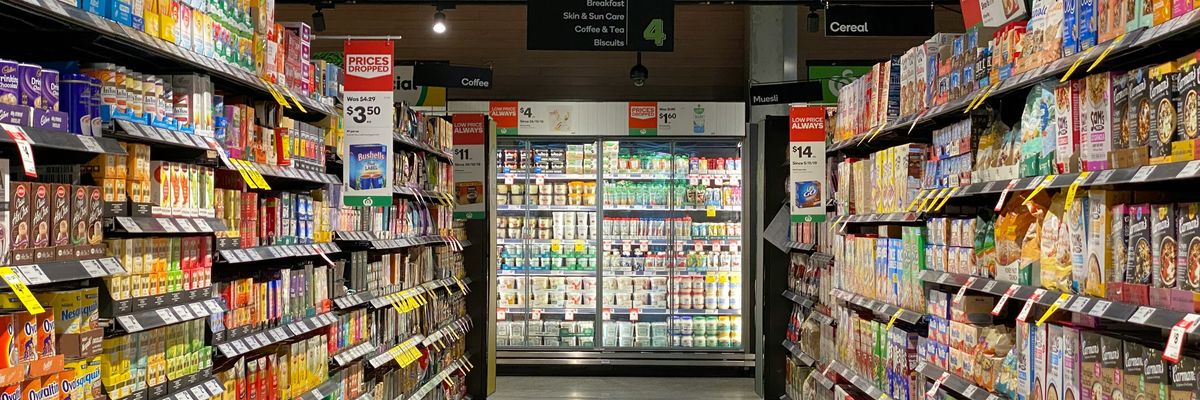Many plastic food contact materials - plastics that are used in the processing and packaging of food - contain toxic chemicals that disrupt the endocrine system and metabolism, according to a new study published in Environmental Science & Technology.
In short:
- The authors tested 36 food packaging materials from 5 countries and found that 33 of them (92%) contained chemicals that interfere with hormone receptors crucial to human health.
- The chemical makeup of each plastic varied significantly, with some individual products containing a high number of chemicals, including a few that were previously unknown.
- Samples that contained fewer chemicals were less toxic, suggesting that plastics with a more simple design may be safer.
Key quote:
“This study highlights the presence of harmful chemicals in plastic food packaging, indicating the need for a safer - chemically simpler - plastic design to address environmental and human health concerns.”
Why this matters:
Plastics are considered one of the main sources of chemical exposure in humans, with more than 13,000 known chemicals present in plastics and many more chemicals not yet identified. A lot remains unknown about the toxicity and potential harm caused by consumers’ exposure to these large mixtures of plastic chemicals. The authors of this study highlight the need for more testing to fill in our knowledge gaps, and suggest that redesigning plastics to contain fewer chemicals could help alleviate some of plastic’s harmful health impacts.
Related EHN coverage:
- Society of European endocrinologists confirms endocrine disruptors as major health concern
- “Plastic will overwhelm us:” Scientists say health should be the core of global plastic treaty
More resources:
The Food Packaging Forum provides independent publications and tools based on the latest science on the health and environmental effects of chemicals in food contact materials.
Stevens, Sarah et al. for Environmental Science & Technology. Mar. 5, 2024

















